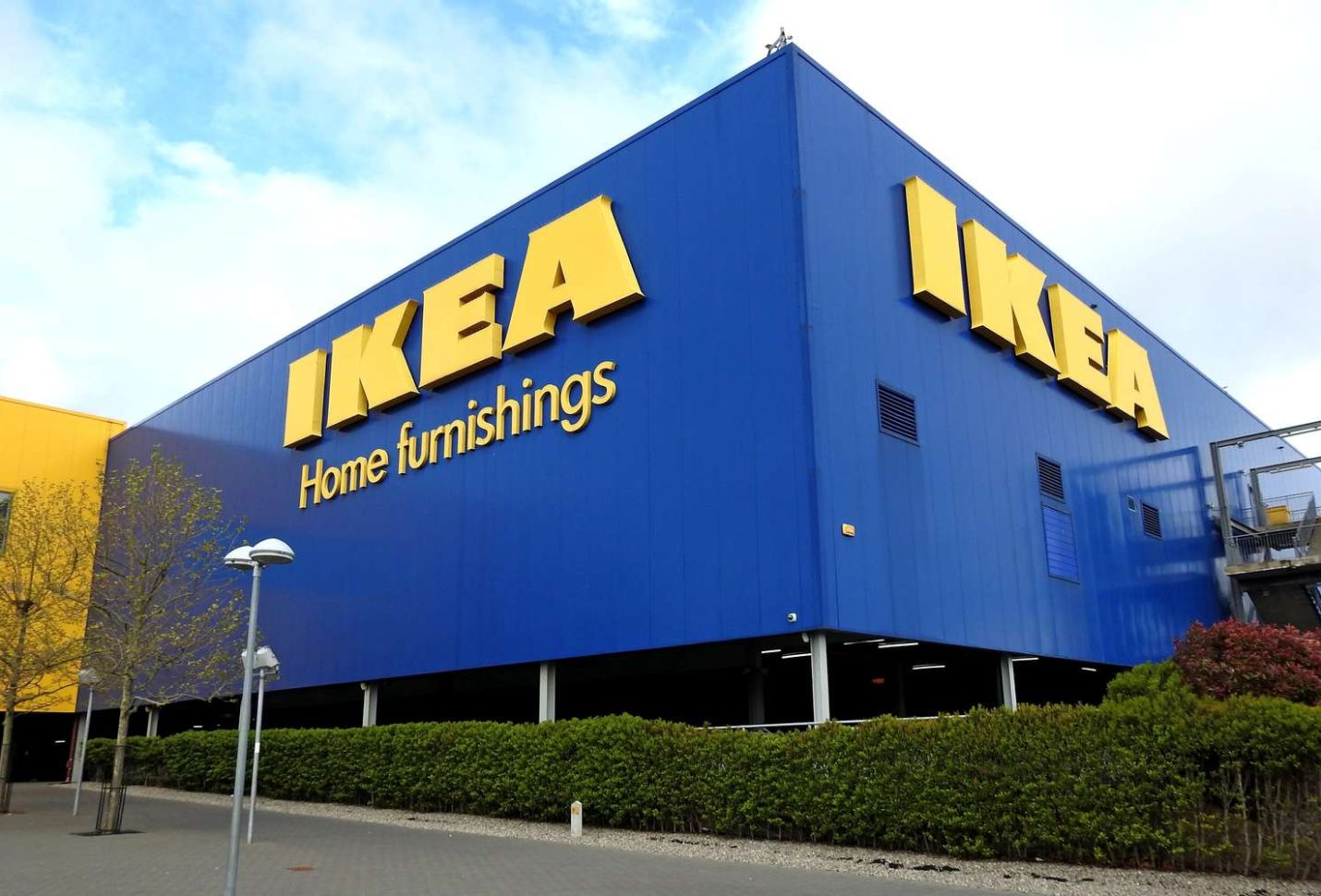
Water Conservation: 7 Simple Ways to Save Water at Home and in Your Business
Water is one of our most precious resources, yet it is often wasted without thought. ...

IKEA is committed to become Net Zero latest by FY50 within the framework of its keenness to playing a role to limit global warming to 1.5°C in alignment with the Paris Agreement.
It’s critical to switch to 100% renewable energy and phase out fossil fuels – the root cause of climate change.
IKEA is working across its value chain to move towards renewable energy and are committed to a phase-out of fossil fuels.
IKEA will reduce absolute greenhouse gas (GHG) emissions from the entire value chain by at least 50% by FY30 and 90% by FY50, using FY16 as the baseline year.
IKEA seeks to achieve this without using carbon offsets. It will focus on the transition to use 100% renewable energy, electrification and improving energy efficiency across the value chain, reducing the footprint of the IKEA range through low footprint materials, shifting toward plant-based food and increased energy efficiency in product use at home, and transforming into a circular business.
IKEA will neutralize the remaining greenhouse emissions through removing and storing carbon within the IKEA value chain – within forestry, agriculture and products.
It believes in taking social and environmental responsibility throughout its supply chain. In June 2021, for instance, IKEA introduced a program to achieve 100% renewable electricity for suppliers in three important purchasing countries – Poland, China, and India.
During FY22, the share of renewable electricity in production increased to 64% compared to 52% in FY21. A total of 111 additional factories or suppliers achieved 100% renewable electricity.
During 2023, the program was rolled out to 10 additional markets, including Germany and Sweden.
IKEA strongly believes that “We all influence climate change – and are all influenced by it.” As a global brand with operations in 63 markets, IKEA is no exception. Climate change, nature loss and rising inequality are impacting its business – from the availability of resources to the direct impact on people and infrastructure in our value chain.
At the same time, IKEA recognizes its own impact on these challenges and the very real connections between them. That’s why it is taking specific actions to address these challenges within its business from a holistic approach, collaborating with other stakeholders to drive positive change and push for policies that enable action.
IKEA can have a huge positive impact on people and the planet, using its size and full value chain approach to make sustainable living affordable, accessible, and attractive.
اترك تعليقا